Good evening. Seabed mining — which is what it sounds like: mining from the ocean floor — has long been an area for research and “exploration.” But as early as next year, the first extraction licenses could be issued, paving the way for controversial, large-scale commercial operations — and China is chomping at the bit. Our cover story this week is the fourth part of our series The Warming War, and in it, Eyck Freymann takes readers through China’s plans for the “blue economy.” Elsewhere, we have infographics on Chinese shipping giant COSCO; an interview with Frank Dikötter on his new book and the importance of China’s primary sources; a reported piece on how Dutch company ASML is navigating the latest chip restrictions; and an op-ed about the yuan’s international makeover. If you’re not already a paid subscriber to The Wire, please sign up here.
Want this emailed directly to your inbox? Sign up to receive our free newsletter.
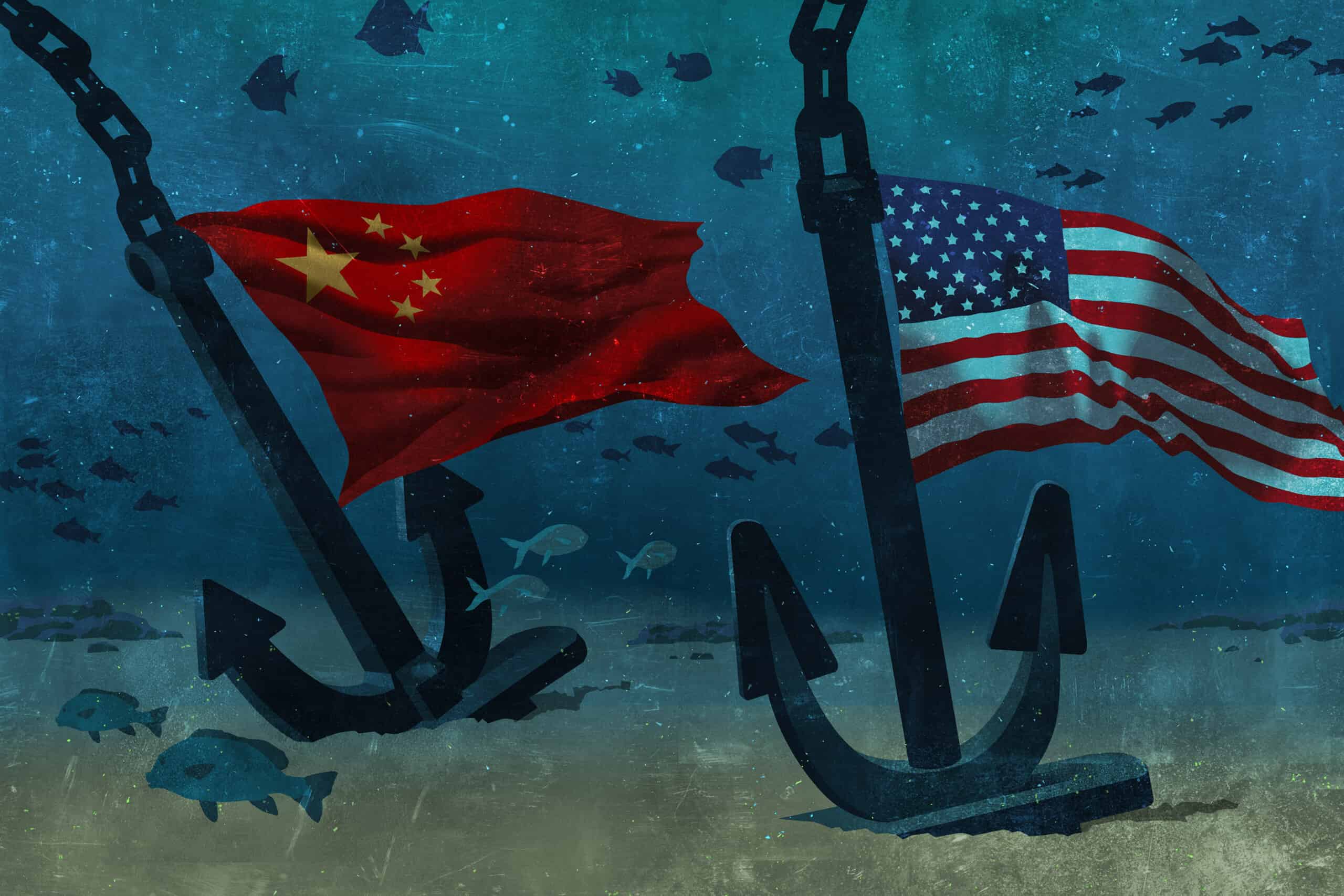
The Ocean Edge
With its plans for seabed mining and the “blue economy,” China is implementing a strategy for the world’s warming oceans. The U.S. is trying to keep up, but just as climate change is heating up geopolitical competition, the scramble for ocean resources has also become a force-multiplier for climate change itself. Eyck Freymann reports for the fourth part of our series, The Warming War.
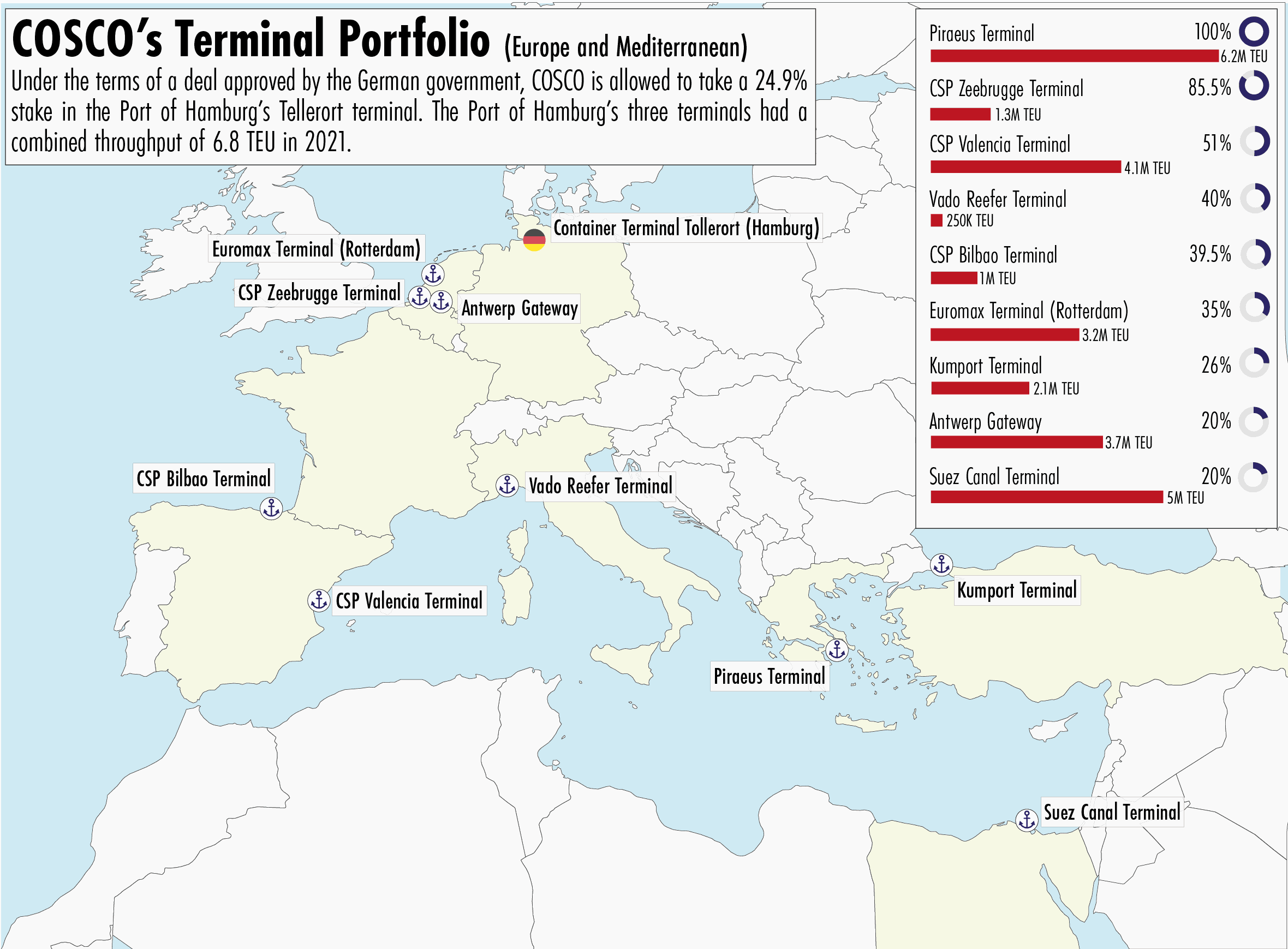
The Big Picture: COSCO’s Many Port Calls
German Chancellor Olaf Scholz has greenlit a controversial deal for Chinese shipping giant COSCO to buy a stake in the port of Hamburg, Germany’s largest. This week, infographics by Eliot Chen look at the state-owned maritime giant: how it came to be, its influence over the maritime industry, and why its reach has elicited concern.
A Q&A with Frank Dikötter
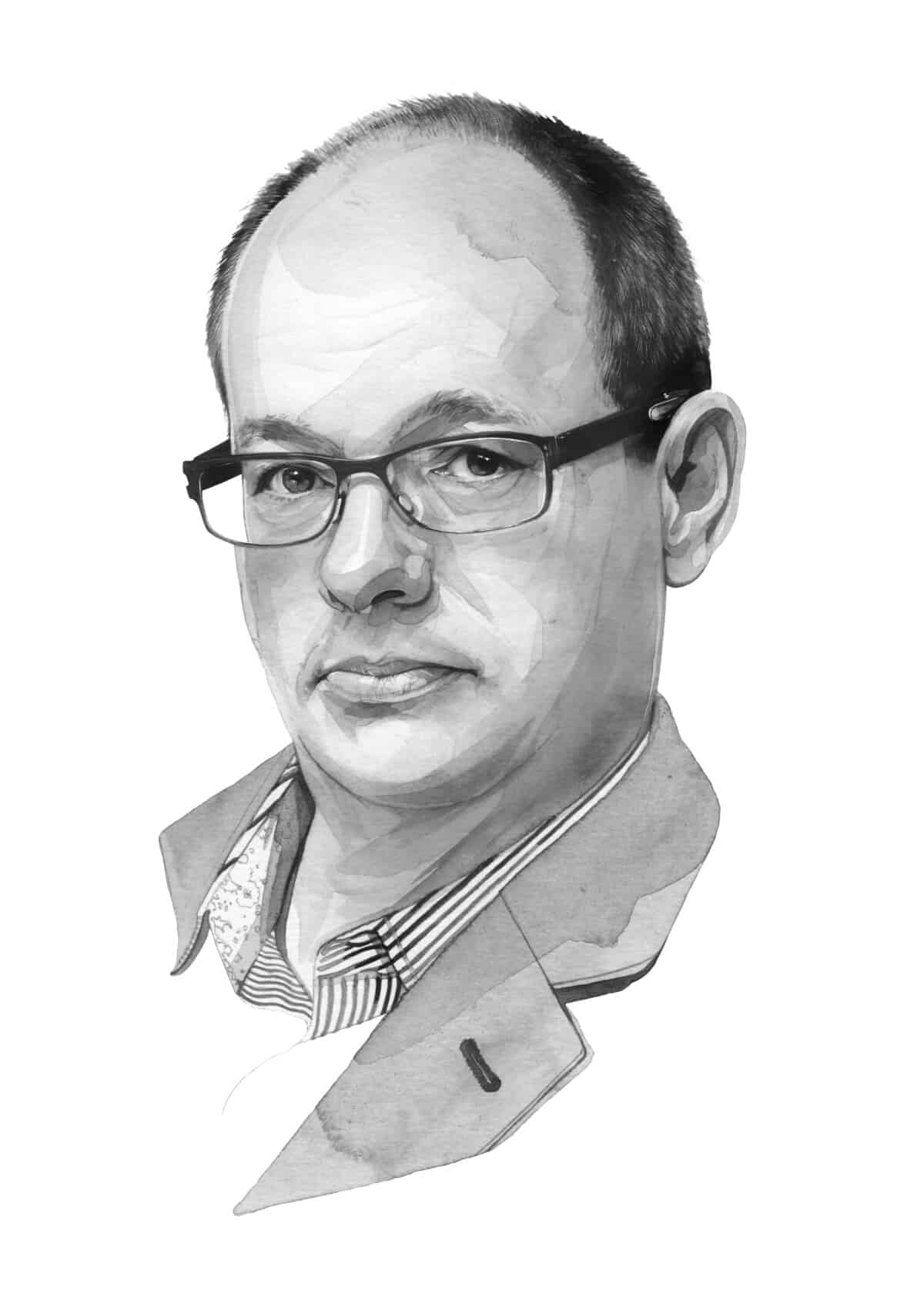
The historian Frank Dikötter has been Chair Professor of Humanities at the University of Hong Kong since 2006, and is the author of several books. His most recent book, China After Mao, traces the development of modern China from Deng Xiaoping to Xi Jinping. In this week’s Q&A with Jonathan Chatwin, he talks about the importance of primary sources in China and why he eschews the sinological armchair; how the architect of modern China is Jiang Zemin, not Deng Xiaoping; and why Xi Jinping introduced differences in degree, not in kind.
Frank Dikötter
Illustration by Kate Copeland
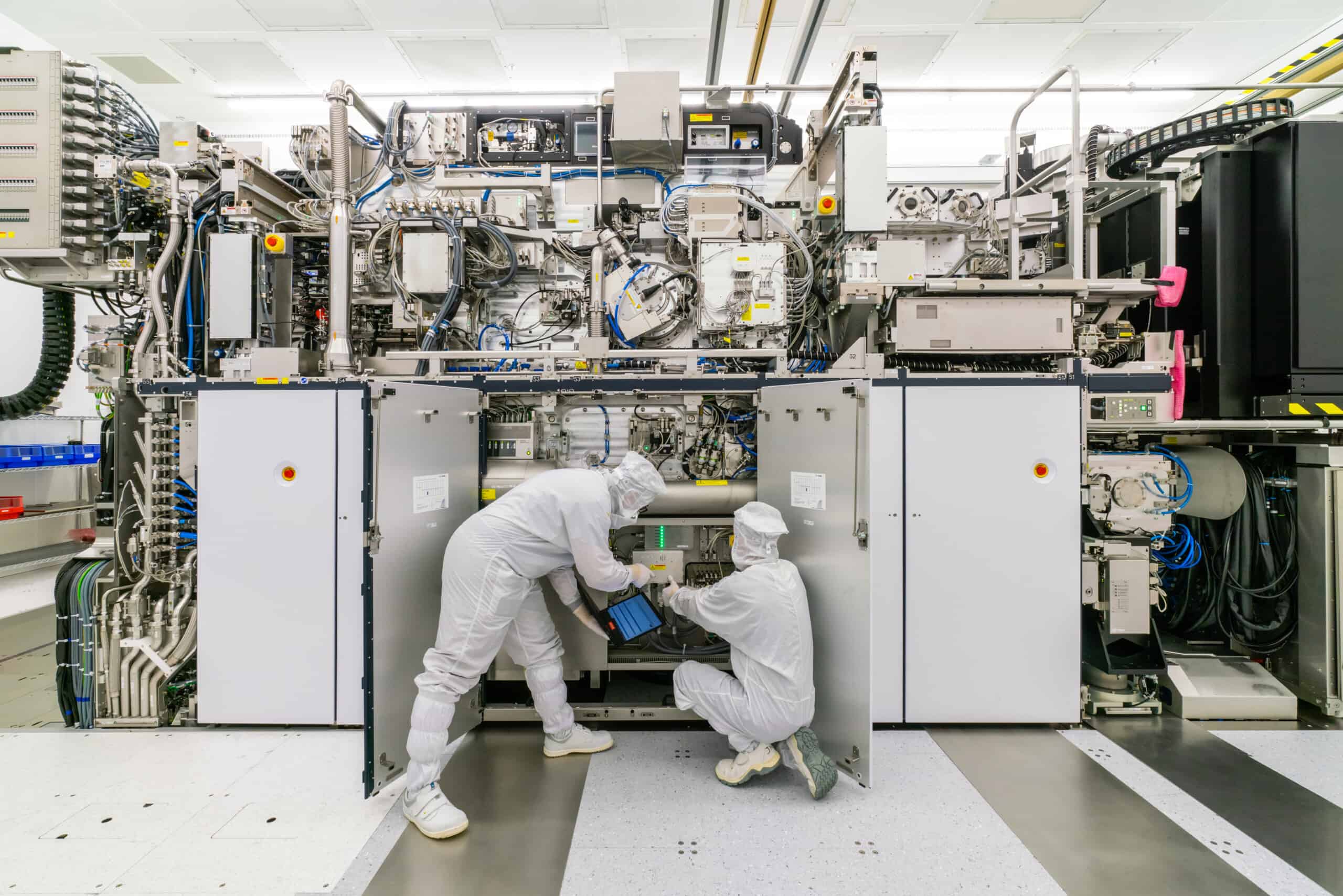
Stuck in the Middle with ASML
ASML, a multi-billion dollar Dutch company whose highly-prized lithography machines are vital to making chips, says it expects only a “fairly limited” impact from the Biden administration’s latest restrictions on semiconductor exports to China. But as Katrina Northrop reports, while the Dutch company tries to navigate the latest rules, the U.S. government is trying to not alienate its allies, like the Netherlands.
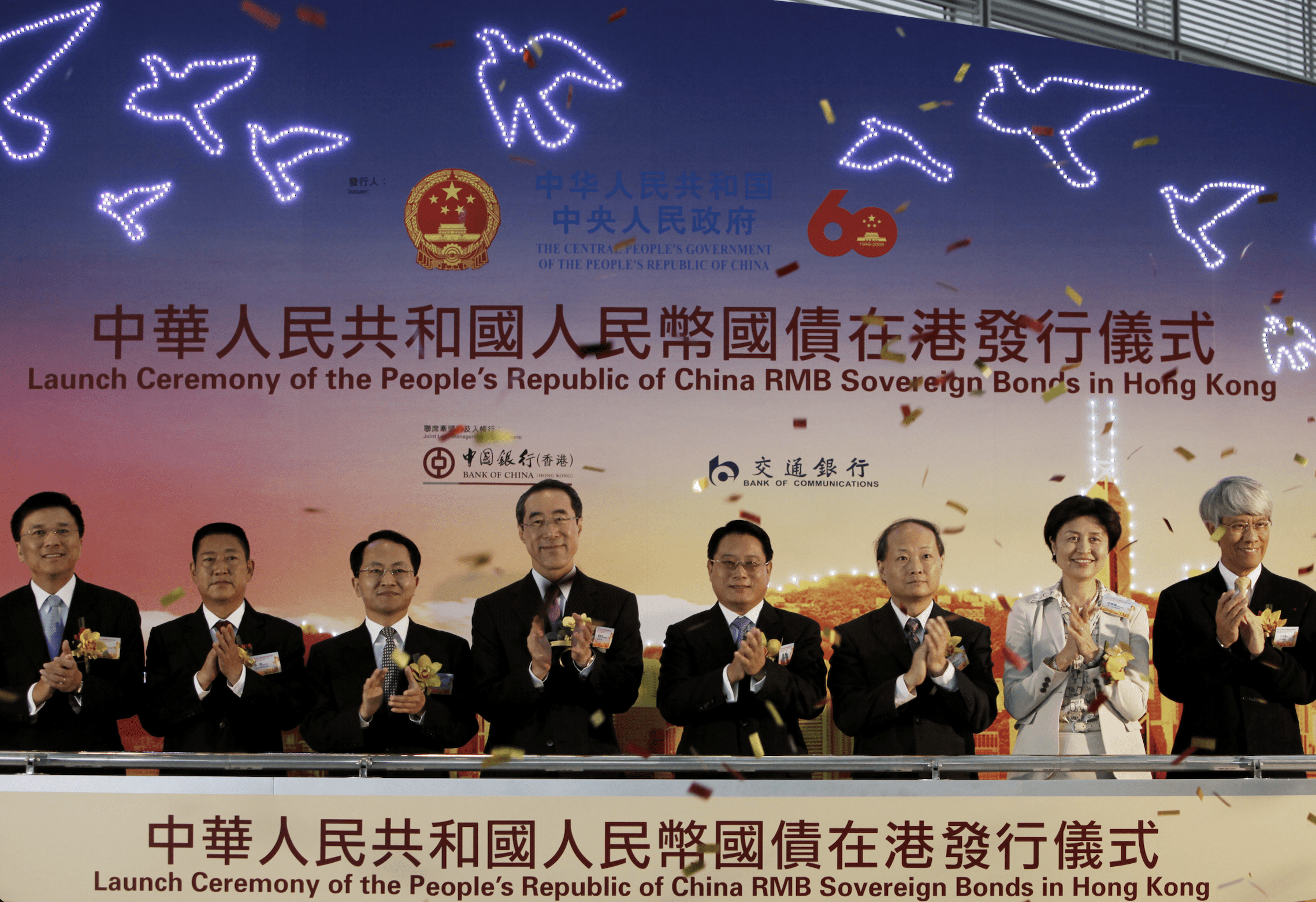
The Yuan’s International Makeover
In a widely overlooked shift, argue Diana Choyleva and Dinny McMahon, Beijing has started overhauling its approach to RMB internationalization. Its previous efforts focused on creating ways for foreigners to use the yuan, they say. Now policy makers are intent on giving them a reason to do so.
Subscribe today for unlimited access, starting at only $19 a month.



